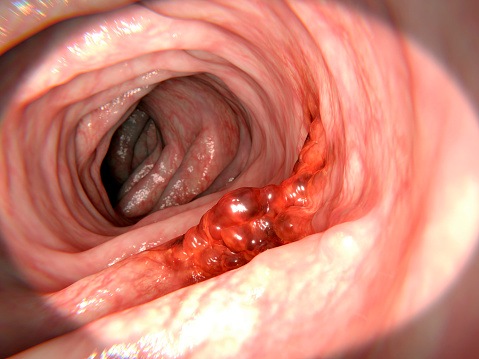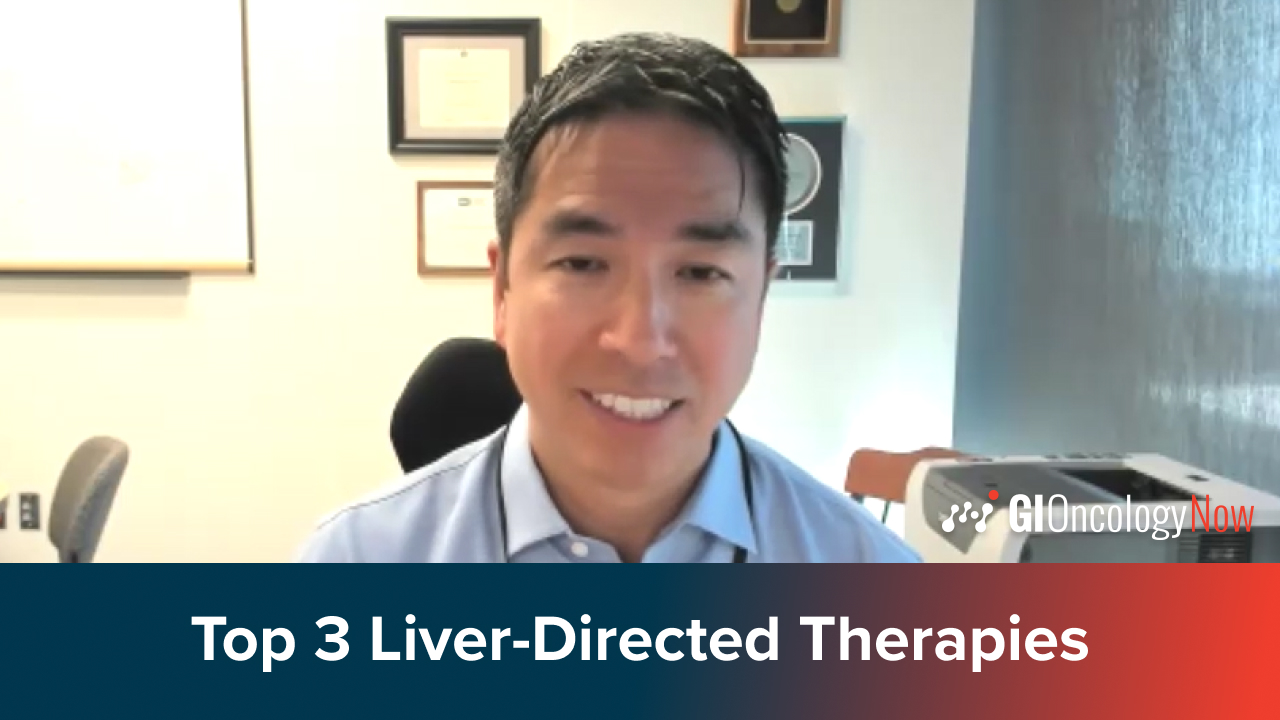
A study from Scott Kopetz, MD, PhD, FACP, and colleagues published in Cancer Discovery analyzed data from the KRYSTAL-1 trial, which sought to determine the benefits of adagrasib 600 mg plus the anti-EGFR antibody cetuximab for 94 patients with previously treated KRASG12C-mutated unresectable or metastatic colorectal cancer.
“Treatment options are limited for previously treated patients with KRASG12C-mutated colorectal cancer,” Dr. Kopetz said. “Although there is some encouraging single-agent activity of adagrasib in KRASG12C-mutated colorectal cancer, it is important to continue finding ways to mitigate resistance.”
The study’s primary end point was objective response rate (ORR) determined through blinded independent central review.
The ORR was 34.0%, the disease control rate was 85.1%, and the median duration of response was 5.8 months (95% CI, 4.2-7.6) after a median follow-up period of 11.9 months. Researchers noted that the median progression-free survival rate was 6.9 months (95% CI, 5.7–7.4), while the median overall survival was 15.9 months (95% CI, 11.8–18.8).
All patients reported treatment-related adverse events (TRAEs), with 27.7% reporting grade 3 and 4 TRAEs. No patients reported grade 5 events. Investigators stated that no TRAEs resulted in adagrasib discontinuation.
The exploratory analysis determined that circulating tumor DNA could possibly be used to identify features of response and acquired resistance.
Potential study limitations included the study’s single-arm, open-label design.
“Adagrasib plus cetuximab may be a potential new standard of care for patients with previously treated KRASG12C-mutated colorectal cancer,” Dr. Kopetz said. “Our study builds upon the progress made with KRASG12C inhibitors and underscores the importance of ongoing research to refine and expand treatment options for patients with colorectal cancer.”







 © 2025 Mashup Media, LLC, a Formedics Property. All Rights Reserved.
© 2025 Mashup Media, LLC, a Formedics Property. All Rights Reserved.